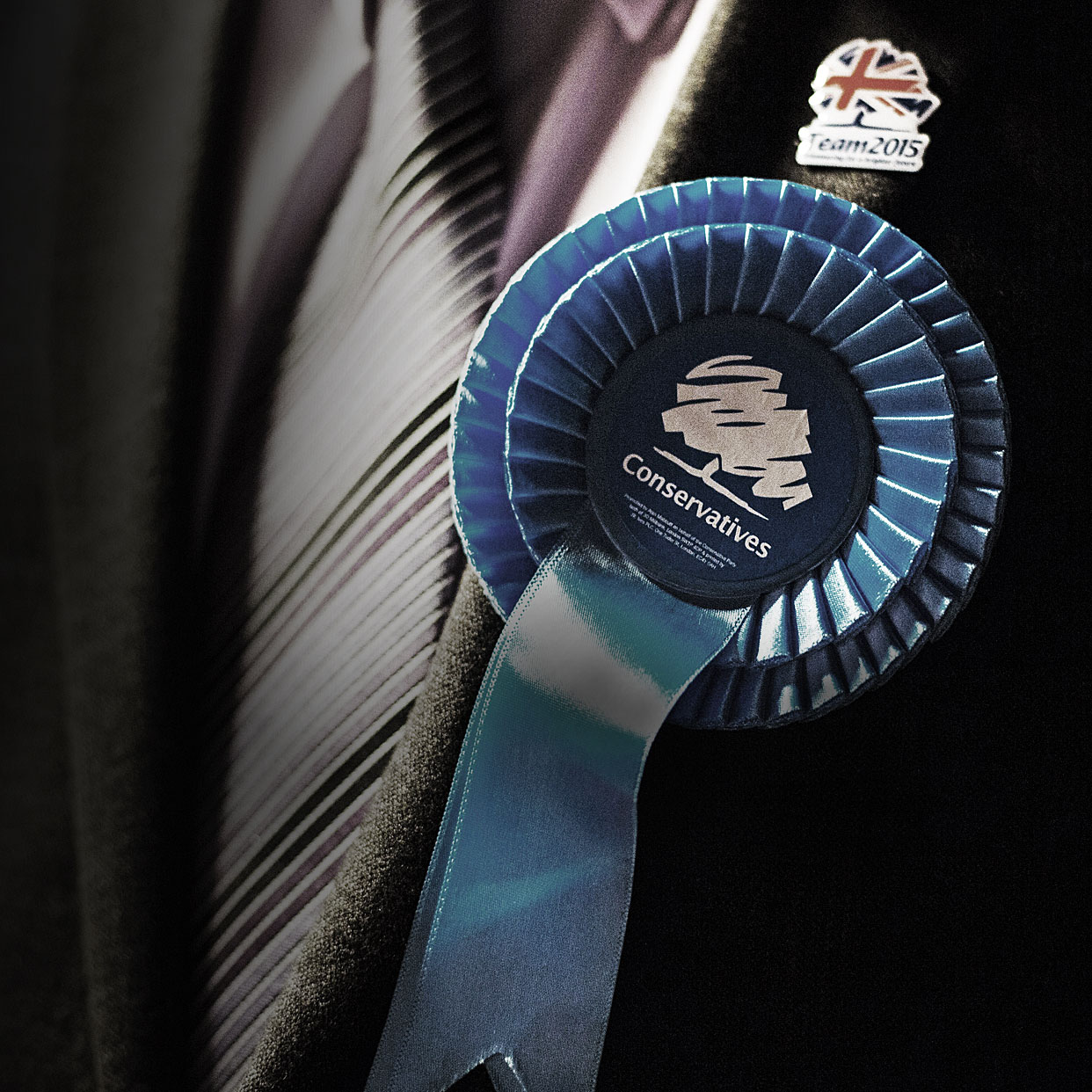Five ways Britain may be turning into Downton Abbey
Social mobility has flat-lined, the rich are getting richer and class prejudice is on the rise. Are we living in Downton Abbey?
A free daily email with the biggest news stories of the day – and the best features from TheWeek.com
You are now subscribed
Your newsletter sign-up was successful
The leader of Britain's trade union movement has warned that the UK is in danger of turning into a "Downton Abbey-style" society, with Victorian levels of inequality.
Trades Union Congress general secretary Frances O'Grady said that social mobility had "hit reverse", with "no sign of the economic recovery in most people's lives".
In a speech to TUC delegates in Liverpool, O'Grady said: "Are we going to settle for a nastier and poorer Britain - a Downton Abbey-style society, in which the living standards of the vast majority are sacrificed to protect the high living of the well-to-do? We are piling yet more riches onto a privileged few.
The Week
Escape your echo chamber. Get the facts behind the news, plus analysis from multiple perspectives.

Sign up for The Week's Free Newsletters
From our morning news briefing to a weekly Good News Newsletter, get the best of The Week delivered directly to your inbox.
From our morning news briefing to a weekly Good News Newsletter, get the best of The Week delivered directly to your inbox.
So is Britain in danger of heading back in time to the era of the popular ITV drama? Here are five ways in which the union leader may be right.
Upstairs, downstairs
Part of the appeal of Downton Abbey is its exploration of the lives of the Crawley household’s servants, as well as the aristocrats upon whom they wait.
After the Second World War, the number of servants in the UK declined dramatically, but these days that trend has been "dramatically reversed," Janet Street Porter says in the Daily Mail. In recent years there has been a 25 per cent increase in domestic servants in London alone, Street Porter says.
A free daily email with the biggest news stories of the day – and the best features from TheWeek.com
Kalayaan, a charity based in west London that helps and advises migrant domestic workers, has argued that many of the 15,000 migrant workers who come to Britain every year endure conditions that amount to "modern-day slavery".
Lobby groups say that a large proportion of the foreign domestic workers working in the UK are paid less than £50 a week to work 20-hour days.
Social mobility is low
Downton Abbey depicts an historical moment in which social mobility was almost non-existent. According to O'Grady, those days are back: "Silver spoons are ever more firmly clamped in the mouths of those who were born with them," she said in her Liverpool address.
Some senior governmental analysts would be inclined to agree with her. Last year, Alan Milburn, a former Labour MP and now the government's adviser on social mobility, said that decades of entrenched elitism had resulted in a "shocking" lack of social mobility in the UK.
He said: "Economic recovery is unlikely to halt the trend of the last decade, where the top part of society prospers and the bottom part stagnates".
Rich are born rich, poor are born poor
"Ooh good, let's talk about money," says the Countess of Grantham witheringly in an early episode of Downton Abbey. Earlier this year, France's "rock-star economist" Thomas Piketty set off a firestorm with his book Capital in the Twentieth Century, which argued, among other things, that ever-rising wealth inequality is an inevitable feature of capitalism. Those who are born rich will acquire more wealth, Piketty argued, while those who are born poor will not.
Class prejudice is on the rise
O'Grady contends that "under this government, class prejudice is becoming respectable once again." However, class prejudice in modern Britain works in both directions and increasingly "Old Etonian" has become shorthand for rich and privileged rather than a mark of positive social status. Indeed, while it is often thought that Cameron's Conservative Party is a return to the "chumocracy" days of Harold MacMillan, statistics show that the percentage of old Etonian Tory MPs has fallen from 24 per cent in 1951 and 20 per cent in 1959 to 6.5 per cent today, the Daily Telegraph says.
Julian Fellowes, the creator of writer of Downton Abbey disputes that the show is about class division. In fact, he told the Wall Street Journal, it is the opposite: "I think the — well, not even the subtext, the supertext — of Downton is that it is possible for us all to get on, that we don't have to be ranged in class warfare permanently—that for the general public, the fact that people are leading different lives with different economic realities and different expectations is perfectly cope-able with".
Swift technological development is causing redundancy
Over the course of Downton Abbey's five series, Britain is shown to undergo vast technological upheaval. The scullery maids are introduced to radical new household technologies including the electric mixer, sewing machines and refrigerators. Some, such as Molesely, who trained as a butler but ends up as a lowly footman, find themselves displaced and left with with few useful skills.
"I see Molesley as the 1920s counterpart of the contemporary highly skilled worker in manufacturing – left behind by changed circumstances," Eric Maskin, a Nobel Prize-winning economist who teaches at Harvard University told the Washington Post. "Today’s Molesley might be a former printing press machinist now restocking shelves at Wal-Mart," the paper says.
-
 The environmental cost of GLP-1s
The environmental cost of GLP-1sThe explainer Producing the drugs is a dirty process
-
 Nuuk becomes ground zero for Greenland’s diplomatic straits
Nuuk becomes ground zero for Greenland’s diplomatic straitsIN THE SPOTLIGHT A flurry of new consular activity in the remote Danish protectorate shows how important Greenland has become to Europeans’ anxiety about American imperialism
-
 ‘This is something that happens all too often’
‘This is something that happens all too often’Instant Opinion Opinion, comment and editorials of the day
-
 ‘The name Lilibet Diana will always remind people who she is’
‘The name Lilibet Diana will always remind people who she is’Instant Opinion Your digest of analysis and commentary from the British and international press
-
 Instant Opinion: ‘Tories may win the election but lose their soul’
Instant Opinion: ‘Tories may win the election but lose their soul’In Depth Your guide to the best columns and commentary on Monday 30 September